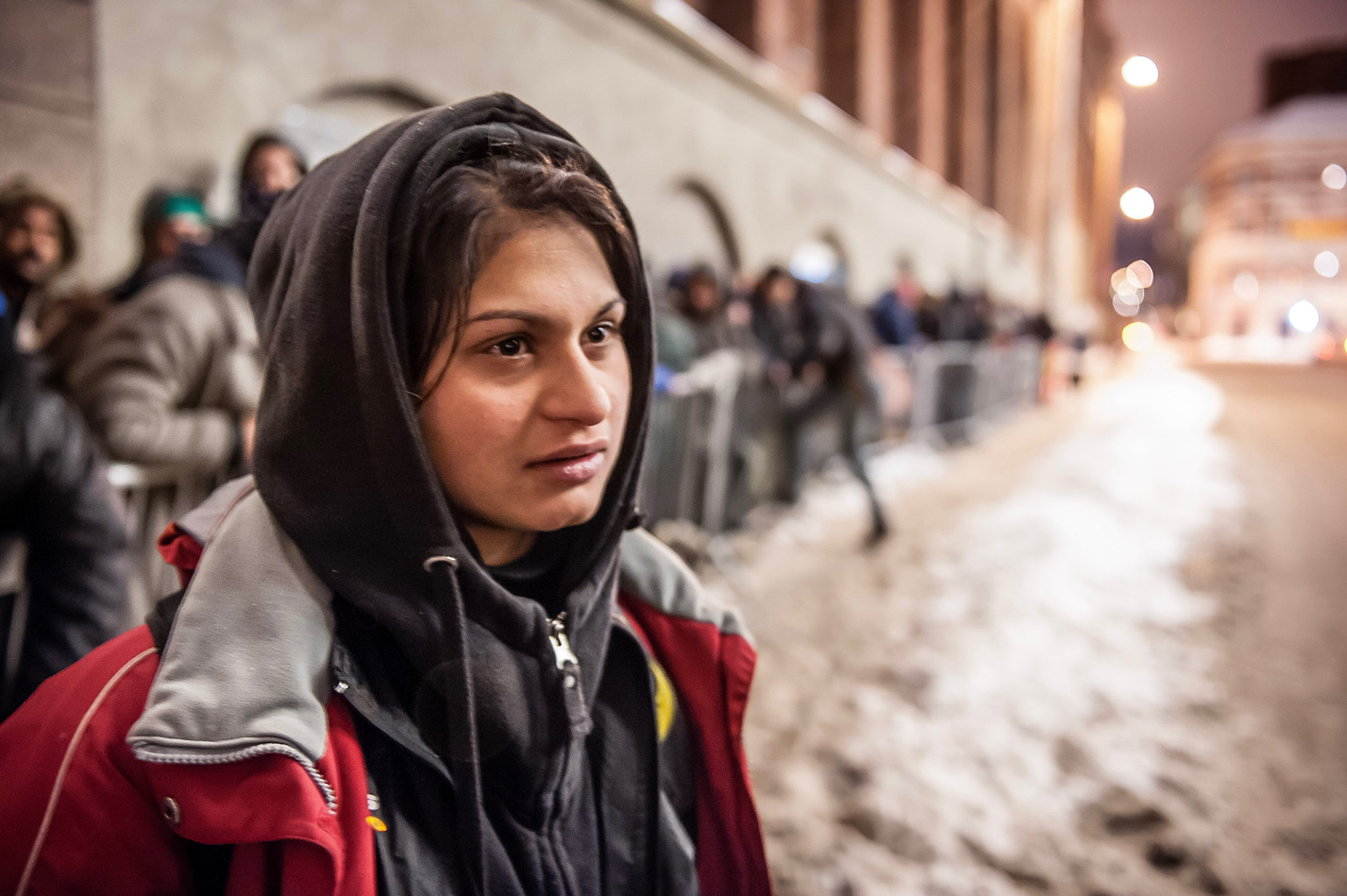


A joint initiative between the University of Bergen
and CMI – Chr. Michelsen Institute
When a crisis hits: Vulnerable people in locked-down Bergen
Kristine Moskvil Thorsen (Director for the migration unit at the Church City Mission), Luminita Faz (Head of Adina Stiftelsen in Romania), Mats Haugebø (Bergen Municipality) and Sølve Sætre (Bergen Municipality).

What happens to extremely poor people when their small income disappears overnight? How do they feed their themselves, let alone their family? Do they pay their bills? And where do they live? As covid-19 spread to Norway, it hit the most vulnerable first.
This webinar will discuss the pandemic and its’ impact for EEA citizens working in the informal sector in Bergen, highlighting a group exceedingly vulnerability to economic stress. Most informal EEA workers returned to their home country in the first phase of the pandemic, however, with no or little opportunities at home, many has returned. In Bergen, opportunities are few and migrants must take high risks to survive. Some sleep at the emergency shelter for homeless, basing their income on collecting bottles in town.
Who are responsible for this group of people? What can be expected from a city such as Bergen, acclaimed to be a “Human Rights City”? And what makes the situation so desperate in their home countries that travelling during a pandemic is the best option?
Luminita Faz, manager of Adina Stiftelsen, is working in rural areas of Romania. She will present the current Romanian situation and attempt to explain why we see so many Romanian street workers in Bergen. Kristine Moskvil Thorsen, head of the migration unit at the Church City Mission will present the situation in Bergen, with comments from Mads Haugebø and Sølve Særte from Bergen municipality.
Photo credit: Torstein Ihle
Go to webpage
